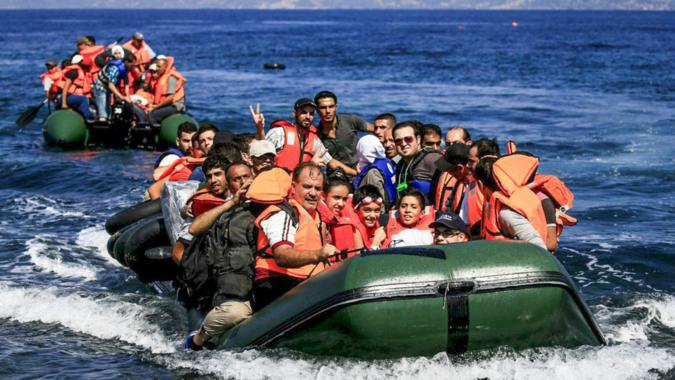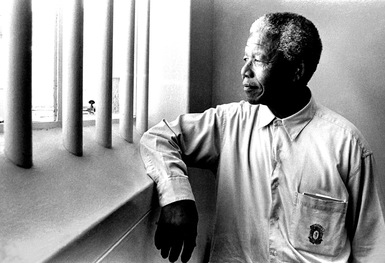Self-care Required for People Working in Disaster Situations
We all have those times in our lives where we feel stretched and pulled beyond our physical and mental capacity. As a Mom, I still remember when I had newborns, was up all night, eating three meals a day standing up or bouncing a baby.
For others it is being a full time taxi driver for a house full of busy kids, or managing a stressful job or dealing with an aging parent. But we always knew help was on the way or the crisis would finally pass. For me I remember self-care meant a quick trip for a pedicure, a quiet catch up call with a loved one, cooking a nice meal, or getting some exercise and fresh air
But what is life like for someone constantly under stress in unbelievably heartbreaking conditions working in disaster management? How do they deal with it? I reached out to several of my friends who work in disaster management, and whose positions deploy them into the field both domestically and internationally. This quote from one of my ‘respondents’ struck home:
“Its been 10 years since I started in this field. 10 years of seeing communities destroyed by floods, hurricanes, tornadoes, etc.; families displaced by armed conflicts; malnourished children; hospitals without the basic supplies they need to adequately care for patients in need. Every disaster event and every site visit can take a toll on your psyche as a humanitarian aid worker. Though, every disaster event and every site visit can also lift your spirits and remind you why you’re working long hours in less than ideal conditions far away from home.”
In an effort to draw out my friends and colleagues’ experiences, I posed six questions in a recent email and received the following responses:
What aspects of disaster response are most stressful, anxiety providing?
- Hearing survivors’ stories and seeing first-hand the toll that that whatever disaster they have been through has taken on their entire family.
- The sense that you are not meeting all of the expectations that you and others have for yourself.
- The feeling that you are an air traffic controller who all of a sudden had to land 100 planes a minute.
- The sense that you are always disappointing someone – in the community, another organization, a staff member or a donor.
- The sheer volume of requests and issues faced, makes it impossible to respond to everything on a timely basis.
- The desire to achieve top quality for all of the programs that are being implemented, while knowing that owing to the newness of staff or the scale of the operation make quality control challenging.
What techniques do you use to protect your own sense of well-being?
- Focus on what we are accomplishing rather than what is left unfinished at the end of each day.
- Celebrate some of the successes we are achieving.
- Utilize R&R periods (typically one week of vacation out of the country every six to twelve weeks for iNGOs). Those who take them are often more productive and happier.
- Keep your compassion alive in an empathetic manner, but keep your emotions in check. “The disaster survivor, the refugee, the hospice patient all need assistance from me; not my tears… they need me to be strong and to be their advocate.”
What techniques do you use to stay “”normal”” when all elements around you are not normal?
- Take at least an hour a day to have some time to yourself.
- Cook
- Keep your sense of humor!
- Read
- Have friends and other staff over for dinner.
- Use Skype to stay in touch with friends and family.
- Make use of the resources you have around you: “I learned how to get the best performance out of an old generator and reduced the amount of time I was without electricity. Doesn’t sound like much, but one can perform a lot better after a good night’s sleep.”
- Take a break from the work if it takes an emotional toll on you.
What do you do to bring yourself rest, peace, humor, etc., when the environment around you is likely none of these things?
- Keep people with a good sense of humor around you (better still if these individuals are low maintenance!)
- Find your peer group; doing so is comforting in that you realize your issues are not any more challenging than those faced by other agencies.
- Keep a schedule of when you are in the office.
- Find a friend or family member who will listen without judgment while you open up the part of your brain where you have stored all of your emotions.
How do you maintain a sense of mission and purpose during disaster response?
Both of my respondents indicated that mission was the easy part. One of my friends wrote, “I always keep in mind that my mission is to help those in need.”
Anything else you can tell me about self-care of aid workers in disasters?
- Select experienced staff.
- Put in place a wellness program for all national and international staff.
From those of you who are reading this that have other ideas for how to take care of yourself in a disaster milieu, I hope you will consider emailing me at regine.webster@disasterphilanthropy.org.
Also, I’ve collected a small list of resources that research, write, and track the topic of self-care in a disaster context. Please help me add to this list if you like.
Finally, I’ll not give you all their full names, but I’d like to say a special thank you to Gary and Katie.
More like this

American Support for Humanitarian Assistance Reflected in $1.2 Billion Pledge

